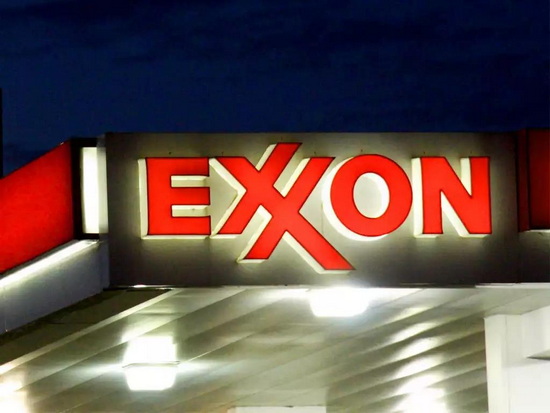
The Little Engine That Could
Mr. James, an environmentalist, was having dinner with his two sons in 2019 when they asked him how he can consider himself an environmentalist while investing in oil companies. Mr. James had previously operated a coal mine and built storage facilities for oil and gas companies, but outside of work dedicated his time to conservation issues. He struggled to justify his positions to his kids who had been discussing climate change in school but, nevertheless, shortly thereafter founded the investment firm, Engine 1, and challenged ExxonMobil to reduce carbon emissions and take sustainability more seriously.
The fledgling investment firm was able to join forces with several investment giants, BlackRock Inc., Vanguard Group and State Street Global Advisors, who control over 20% of Exxon shares, validating Engine 1’s thesis – that social responsibility is no longer just a moral obligation for corporations but a powerful driver of shareholder value and confidence. Together they were able to appoint two new board members to ExxonMobil who were more invested in ideas of sustainability and emission reduction and could have a direct effect on the direction taken by ExxonMobil in the future.
"The energy industry and the world are changing. To protect and enhance value for shareholders, we believe ExxonMobil must change as well. We believe that for ExxonMobil to avoid the fate of other once-iconic American companies, it must better position itself for long-term, sustainable value creation." – Engine 1
The reason Engine 1 is so important to all business leaders is that social change is affecting all business. In Exxon’s case it was a challenge to the board of directors. Automobile companies have seen a positive bump or a decline in stock price as investors are betting on electric cars over combustion engines. And finally, change can come from governments who legislate industry regulation and who are voted in (or out) depending on the social values they support.
When I went to business school the mantra for management was to maximize shareholder value. That hasn’t changed. However, back then that was easy to translate into maximize profits. What has changed is in today’s world, maximizing profit is no longer enough as consumers, investors and voters are demanding the businesses they support also support their social values. Every industry has different ethical and moral tradeoffs and people are putting their investment and their purchasing dollars where their mouths are. Think GMO foods, pesticide use, Rare Earth minerals, labor practices where your products are made, type of energy used, gender and racial equality etc. The extent to which these social issues will affect your business must be accounted for when developing your strategy.
What can we learn from Engine 1 and their unprecedented challenge to Exxon:
1. Even small groups can have a powerful voice if they resonate with a societal movement.
2. Creating value means bringing value to consumers and to society. Ignoring one for the other is a business faux pas.
Stories like Mr. James and Engine 1 are becoming more and more frequent as the current and future generations become increasingly passionate about sustainability, social justice, and equality. What are you doing to address such issues in your strategy?

 沪公网安备 31011502013770号
沪公网安备 31011502013770号